50+ Sample Business Contract Templates
Check out the following collection of business contracts to see how these documents are written and used to protect the rights of a business and its clients, employees, or investors.
-
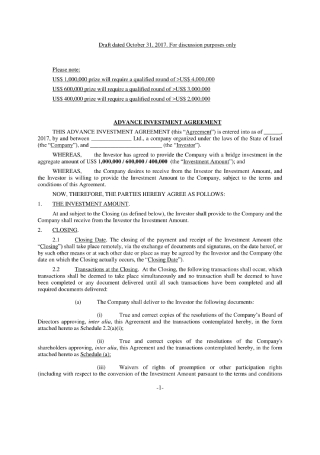
Advance Investment Agreement
Express your desires to enter into an agreement with an investor with the use of this sample.
-
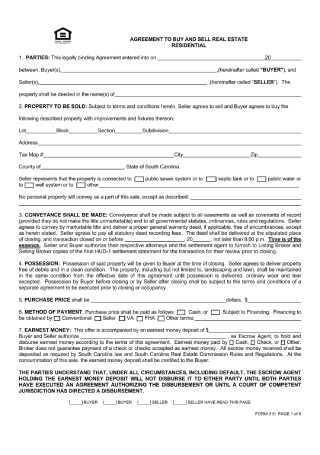
Agreement to Buy-Sell Real Estate
Outline the rights and responsibilities of a buyer and seller in a real estate contract.
-
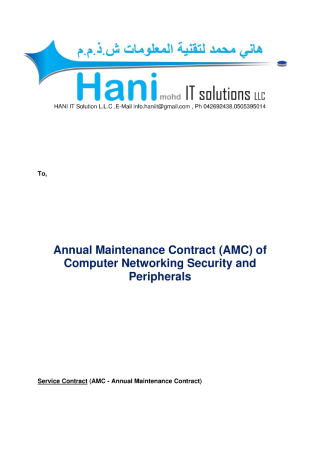
Annual Maintenance Contract
Ensure the continuous repair and maintenance of your property with an annual contract.
-
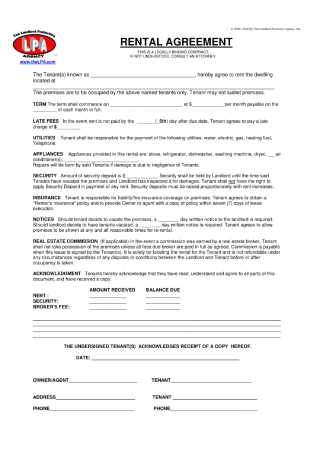
Basic Rental Agreement
Lay out the provisions that were agreed upon by both parties in a contract agreement.
-
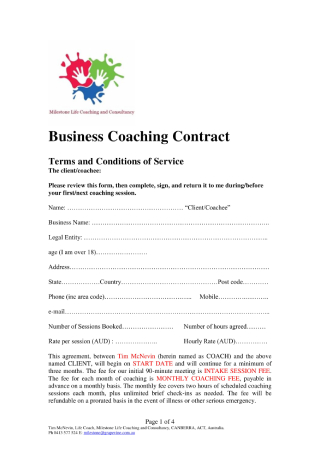
Business Coaching Contract
Protect the services of your business by using a contract for assurance.
-
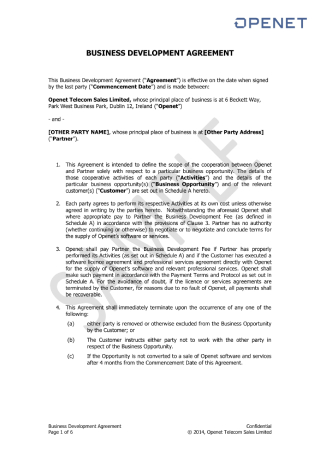
Business Development Agreement
Define the scope of cooperation between two parties in a business contract.
-
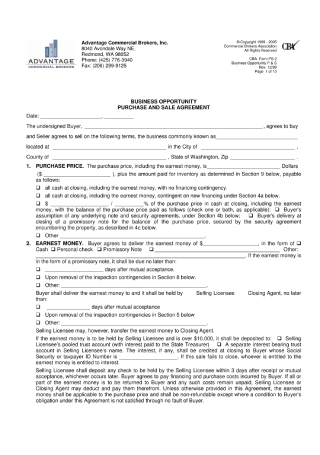
Business Opportunity Purchase and Sale Agreement
Transact the sale of a business between the concerned parties using a formal agreement.
-
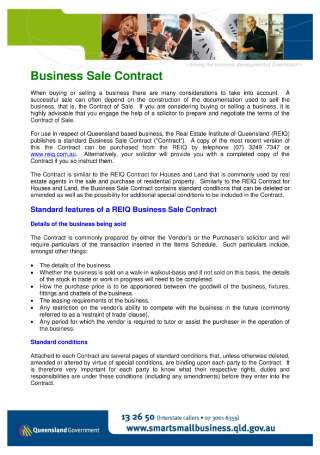
Business Sale Contract Format
Govern the sale of a business to a new owner by following this format for your contract.
-

Business Transfer Agreement
Document the terms of the sale of transferred goods or services in a business contract.
-
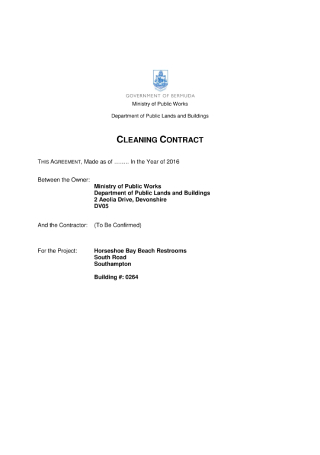
Cleaning Contract
Establish the stipulations of a service arrangement between a business and client in a contract.
-
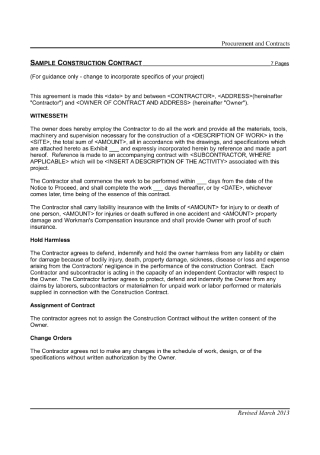
Construction Contract
Create a construction contract to define the roles and responsibilities of each party.
-
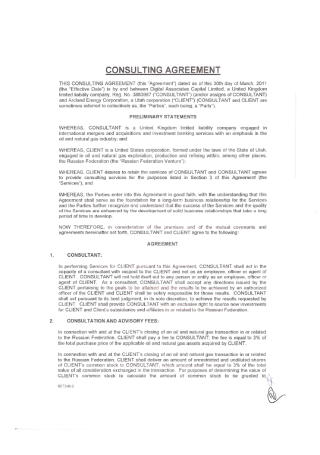
Consulting Agreement
State the terms of a given service provided by a consultant or contractor in an agreement.
-
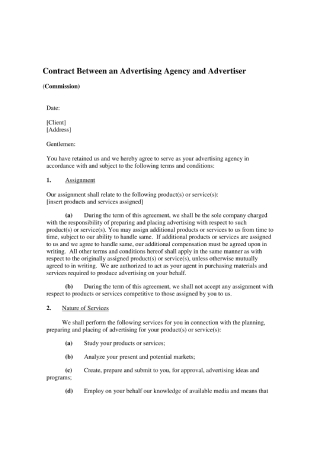
Contract between an Advertising Agency and Advertiser
Track your business relationship with clients through an official contract.
-
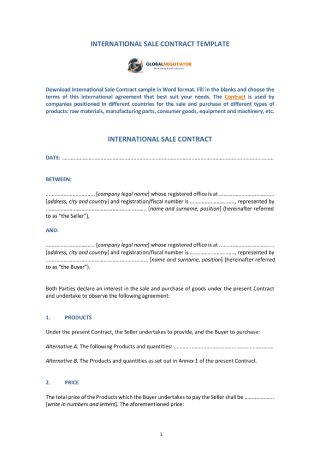
Contract for International Sale
Cover all areas of an international sales transaction using a business contract.
-
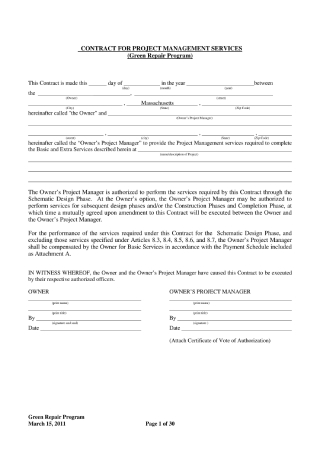
Contract for Project Management Services
Use a contract to describe the duties of each party in the proper management of a project.
-
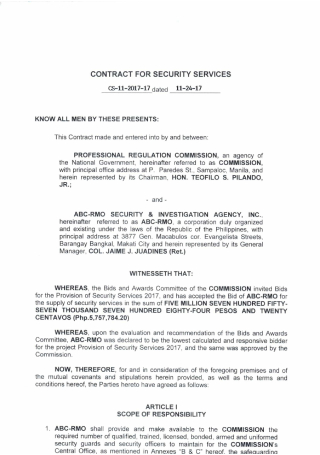
Contract for Security Services
Safeguard your business by engaging the services of a security agency through a contract.
-
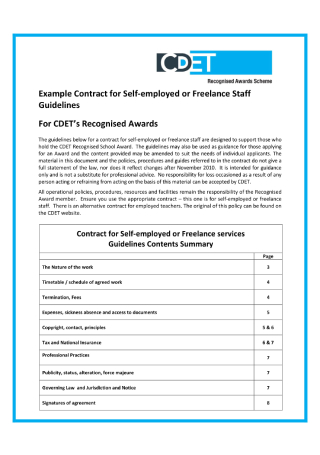
Contract for Self-employed or Freelance Staff
Obtain the services of additional staff on a freelance contractor basis through this sample.
-
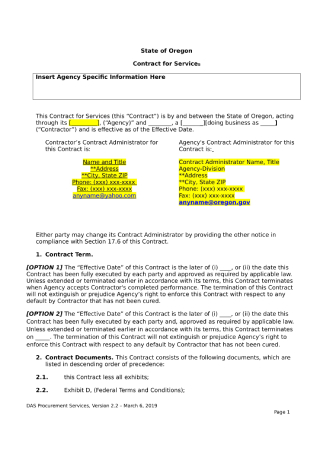
Contract for Services
Set forth the clauses required to regulate a business relationship with clients using a contract.
-
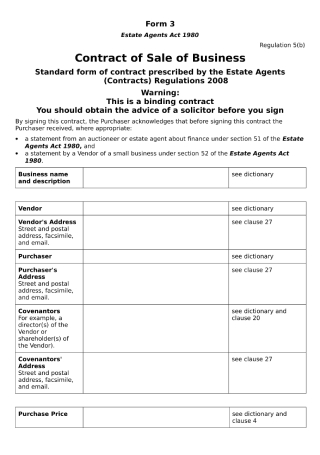
Contract of Sale of Business
Sell a business by using a contract to communicate key details of your agreement.
-
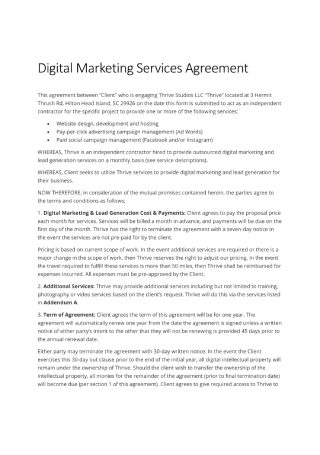
Digital Marketing Services Agreement
Enter into an agreement with a marketing agency by establishing your roles in a contract.
-
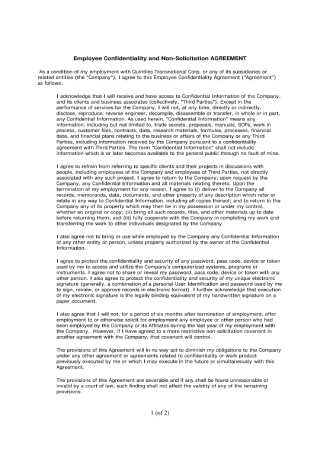
Employee Confidentiality Agreement
Protect confidential proprietary information by having employees sign an agreement.
-
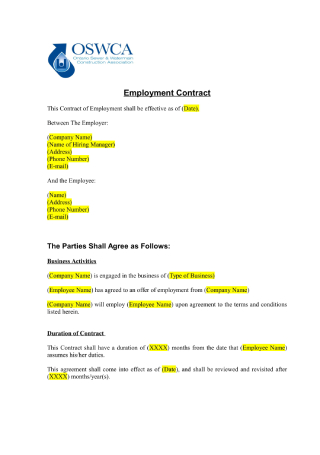
Employment Contract
Define the nature of the business relationship between an employer and an employee in a contract.
-
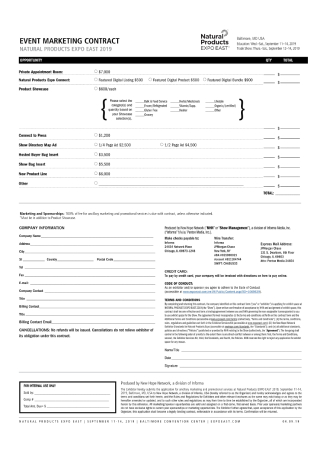
Event Marketing Contract
Negotiate the terms of your event marketing arrangements with the help of a contract.
-
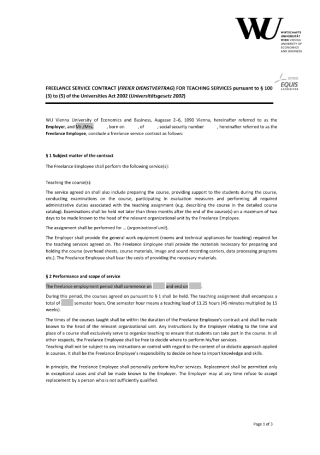
Freelance Service Contract
Make sure your feelance services are compensated for by binding clients to a contract.
-

Full-Time Training Contract
Ensure that trainees receive the standards of training by using a contract for regulation.
-
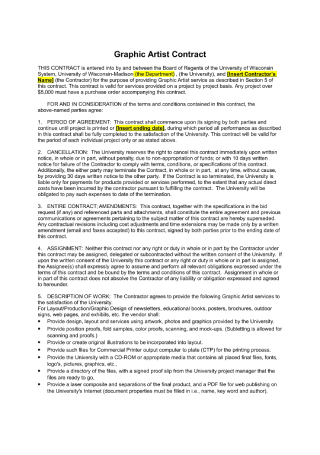
Graphic Artist Contract
Demonstrate the specific conditions of a job role in a legal contract.
-
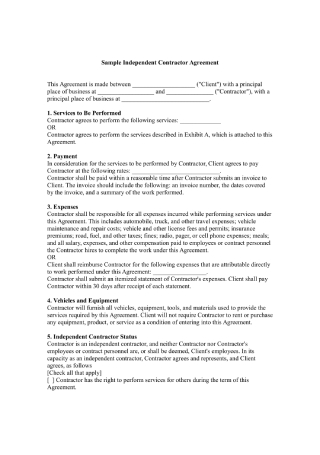
Independent Contractor Agreement
Specify the details of the work to be performed by an independent contractor in an agreement.
-
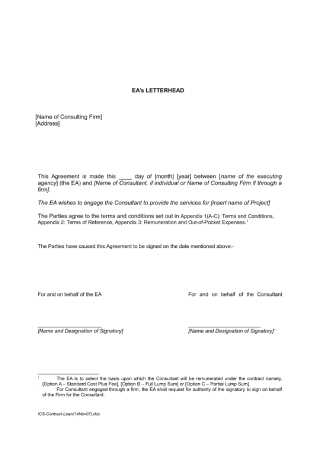
Individual Consultant Contract for Loan Projects
Describe the nature and scope of the project by including this information in a contract.
-
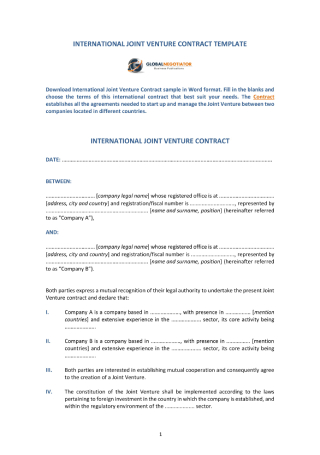
International Joint Venture Contract
Effectively manage a joint venture with a partnering company through the use of a contract.
-
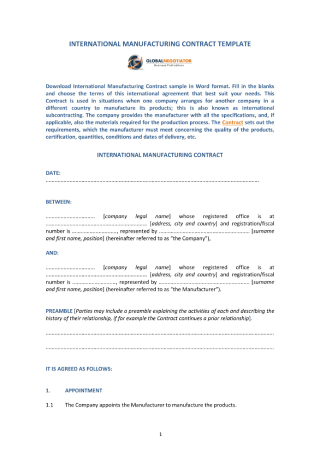
International Manufacturing Contract
Form a legally binding agreement with an international manufacturer using a contract.
-
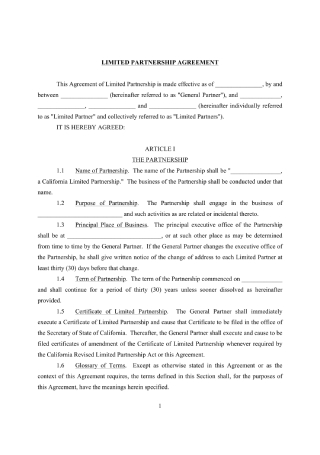
Limited Partnership Agreement
Set out the necessary terms of your limited business partnership in a professional agreement.
-
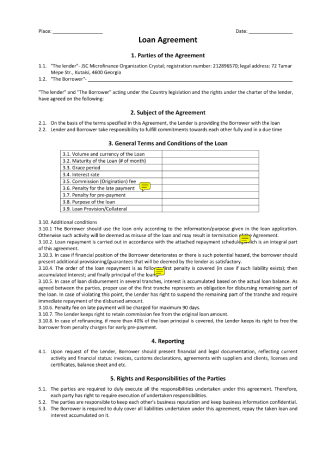
Loan Agreement
Regulate the mutual promises made by both parties with the help of an agreement.
-
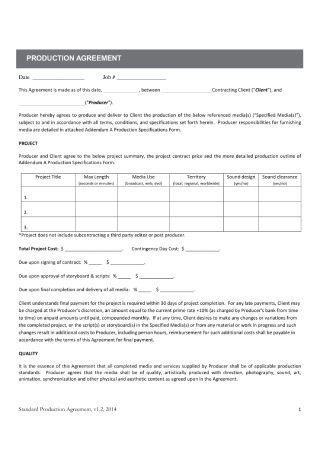
Media Production Agreement
Turn your media product ideas into a reality by using a contract to line up the essential details.
-
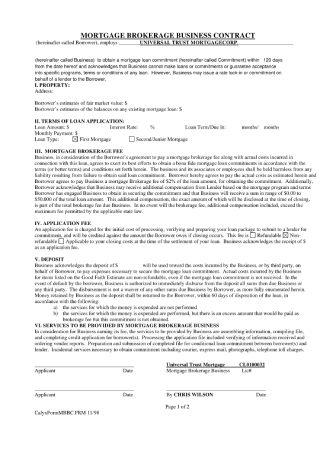
Mortgage Brokerage Business Contract
Allow clients to obtain a mortgage loan by meeting the terms listed in a contract.
-
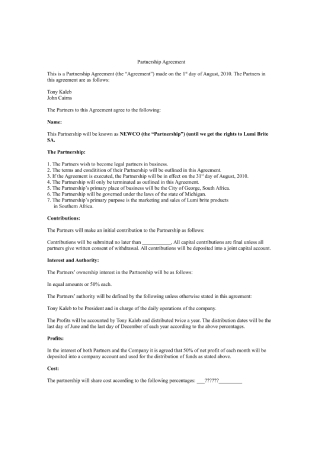
Partnership Agreement
Enter into a business partnership by signifying each partner’s liability in an agreement.
-
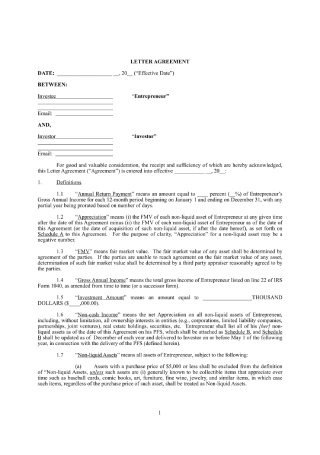
Personal Investment Contract
Gain investors for your projects by using a contract to establish each party’s scope and responsibilities.
-
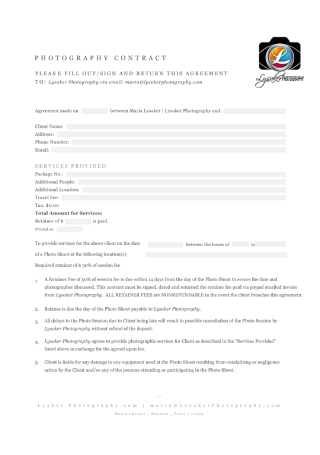
Photography Contract
Offer your photography services to interested clients by introducing your terms in a contract.
-
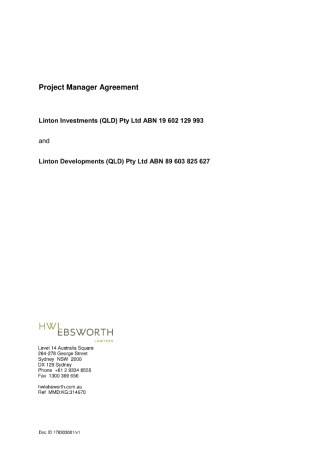
Project Management Agreement
Prepare a contract that best suits your circumstance with the help of the sample provided.
-

Project Partnership Agreement
Indicate the duties of each partner before, during, and after a project using an agreement.
-
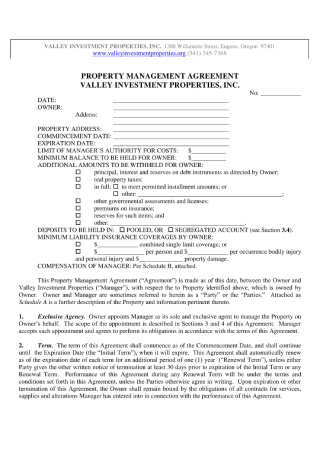
Property Management Agreement
Use this business agreement to delegate an agent the right to lease and manage your property.
-
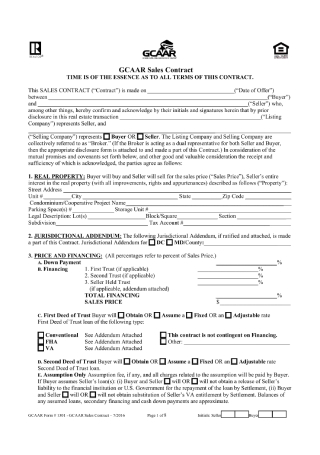
Real Estate Sales Contract
Manage the transfer of a home or other property to a buyer using a real estate sales contract.
-
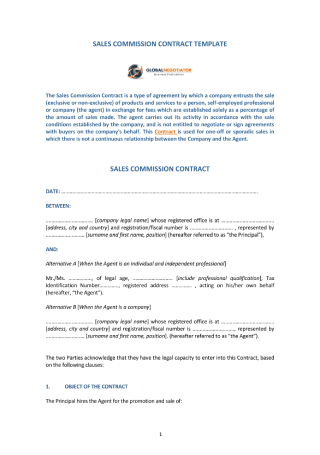
Sales Commission Contract
Entrust the sale of a product or service to another entity with the use of a contract.
-

Small Business Contract
Protect your small business from potential risks by using a contract to manage your ventures.
-
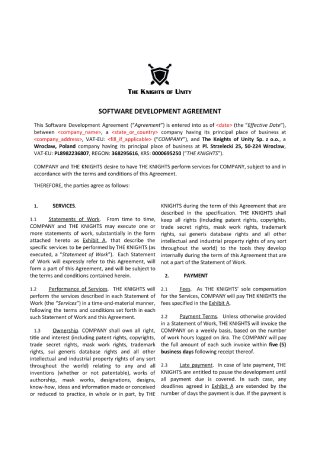
Software Development Agreement
Design an agreement to buy or develop custom software with the help of this sample.
-
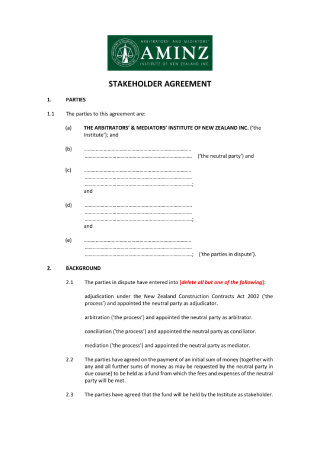
Stakeholder Agreement
Go into business with one or more parties by using an agreement to establish your provisions.
-
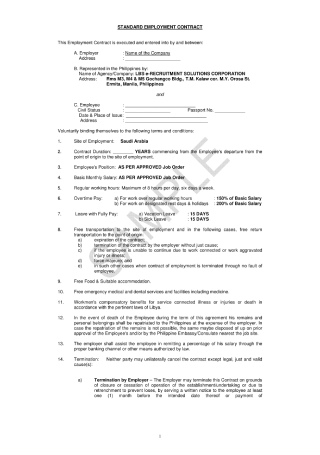
Standard Employment Contract
Recruit trustworthy individuals to join your workforce by using a standard employment contract.
-
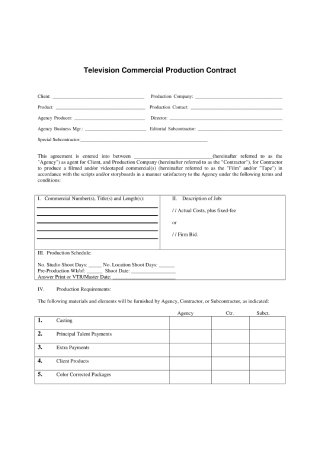
Television Commercial Production Contract
Prevent complications in the production of a TV commercial with this contract sample.
-
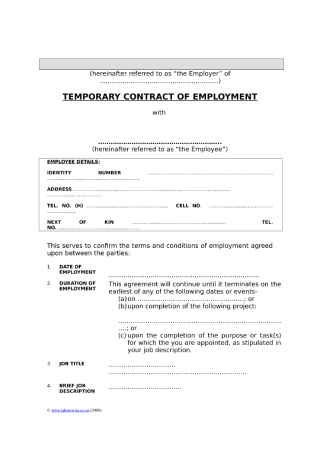
Temporary Contract of Employment
Hire short-term employees by clarifying the position in an employment contract.
-
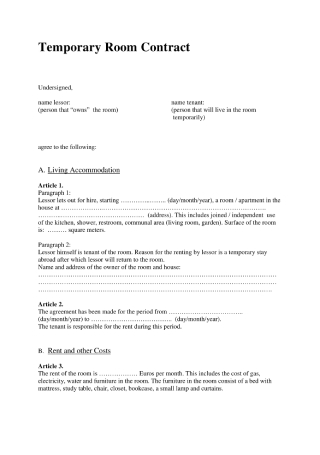
Temporary Room Contract
Safely rent out the rooms in your home with the help of a contract.
-
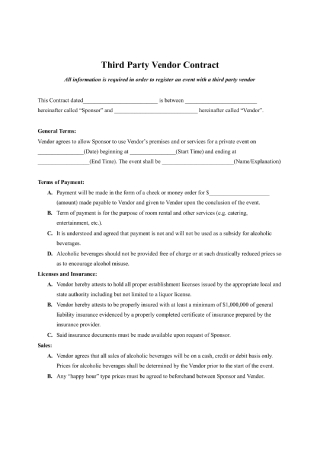
Third-Party Vendor Contract
Fulfill contractual obligations by specifying these rights and duties in a business contract.
Understanding Business Contracts
It’s easy to protect your business and build better relationships when a contract is involved. It exists in various forms, spans multiple pages, and represents different parties in an agreement. The right contract will help you avoid serious disputes by limiting your liability in particular cases. It’s one way to safeguard your business ideas from being imitated or stolen by competitors as well. You could either be a purchaser or a supplier of goods and services or possess a partnering agreement with another business for a joint venture. Although business contracts can be written, spoken, or a combination of both, it is highly advised to keep your agreements in writing to avoid issues that require the existence of a written document for proof.
The Importance of Contracts
One’s selfish intentions prompt even the most trustworthy individuals to betray you. This is one of the reasons why handshakes are no longer a favorable means of closing a deal, despite how common they were in the early years of trade. Leaving your business wide open to potential hassles that a signed contract would eliminate is not something you’d want to risk. Thus, binding agreements are made to offer your business legal protection should the need arise.
Contracts and agreements define the roles and responsibilities of the parties involved in an arrangement. Rather than argue about what you have to bring to the table, you can easily avoid confusion and misunderstanding by putting everything down in writing. This will bind parties to their duties, secure payments, and provide recourse for when the relationship falters for reasons that neither party has the will to fix. Project-based contracts also establish a time frame for the timely completion of deliverables. That way, you won’t have to worry about postponing a project due to poor management.
Now, doesn’t that sound more enticing than dealing with the consequences that erupt from a failed handshake deal? Even if the agreement does fall apart, the contract should disclose clauses that will compensate for the damages that were done.
Five Things Every Business Contract Must Have
It’s good business practice to seal a transaction with a contract to ensure that all parties comply with the agreement. Provided that all key requisites for its validity are met, contracts may be used for any given scenario. It must contain an offer, an acceptance, an intention, and a consideration for it to be enforced in the court of law. While contracts typically vary in content depending on the requirements set forth by both parties, there are five basic details that must be included in the legal document.
Tips for Making a Solid Business Contract
Entering into a contractual business relationship with another entity is a serious and complicated task you don’t want to mess up. Even if it’s with a family member or a close friend, you need a contract to protect your business interests from wrongful intentions. It’s also good to have contingency plans for when things fall apart.
So to create a business contract that is both valid and effective, take note of the following guidelines.
Strong contracts are designed to convey and establish the rights, responsibilities, and remedies of an agreement. It should define the relationship that one party shares with another party in a clear and comprehensible language. Proper documentation will give your business the protection it needs to avoid failed ventures and financial losses. So if you want to enter into a deal that will help expand your business, make sure you know exactly what you’re getting yourself into before signing.
